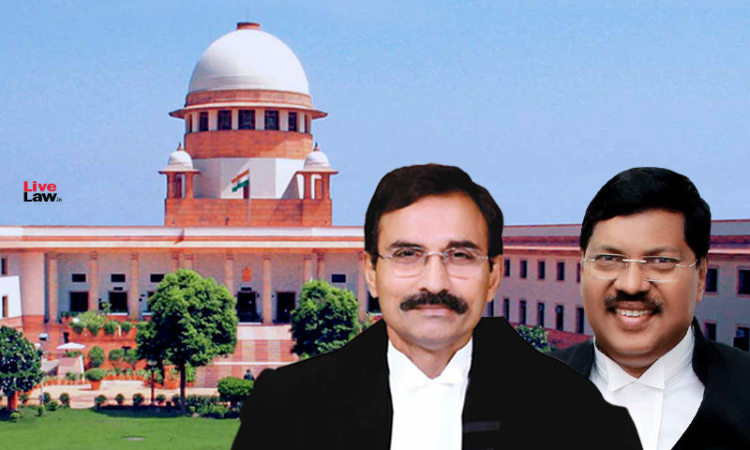Power Of Arbitral Tribunal To Award Interest Is Discretionary & Subject To Agreement Between Parties: Supreme Court
ausaf ayyub
6 May 2022 7:19 PM IST

Next Story
6 May 2022 7:19 PM IST
The Supreme Court has held that the power of the arbitral tribunal to award interest is subject to an agreement between the parties to the contrary. The Court held that the tribunal cannot award interest if the parties have agreed otherwise. The Division Bench of Justice L. Nageshwar Rao and Justice B.R. Gavai held that when the parties have an agreement between themselves that...
